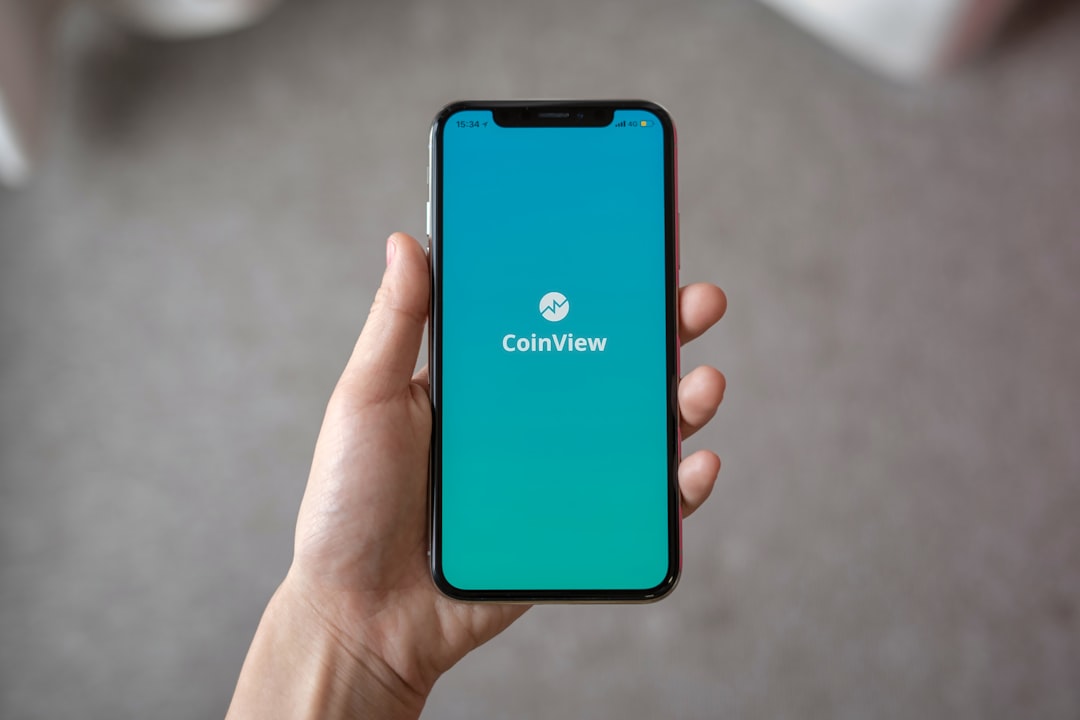In Oregon, telemarketing laws, including TCPA and Do Not Call Registry, protect residents from intrusive calls, especially in Warrenton. For educational institutions marketing themselves, consulting a No Call Lawyer Oregon is crucial for compliance with state and federal guidelines, preventing fines, and building trust. These regulations cover student privacy, quiet learning environments, and protect consumers from unsolicited calls. Schools must enroll in "Do Not Call" registries, secure consent, adhere to TCPA, and offer clear opt-out options, with regular script updates and consultation from a No Call Lawyer Oregon for best practices and legal protection.
In Warrenton, educational institutions navigating telemarketing regulations face unique challenges. This comprehensive guide explores Oregon’s telemarketing laws through a lens specifically tailored for educators. We delve into key questions like when telemarketing applies to schools and how to manage student privacy rights, especially concerning ‘No Call’ lists. Additionally, we offer best practices for compliance and outline legal implications, empowering institutions with the knowledge to conduct effective, yet compliant, marketing campaigns, with assistance from No Call lawyers in Oregon.
Understanding Telemarketing Laws in Oregon: An Overview for Educators

In Oregon, telemarketing laws are designed to protect residents from unwanted phone calls and ensure fair business practices. Educators in Warrenton, like anywhere else, must navigate these regulations when conducting marketing activities for educational institutions. Key laws include the Telephone Consumer Protection Act (TCPA), which restricts certain types of automated or prerecorded calls, as well as the Do Not Call Registry, where individuals can opt-out of receiving telemarketing calls.
For schools and colleges, understanding when and how to engage in telemarketing efforts is crucial. Consulting with a No Call Lawyer Oregon can provide valuable guidance on compliance. These legal experts specialize in helping educational institutions avoid violations by ensuring their marketing strategies adhere to state and federal guidelines. Staying informed about these laws not only protects the institution from potential fines but also fosters trust among prospective students and their families.
When Does Telemarketing Apply to Educational Institutions?

Telemarketing regulations are in place to protect consumers from unsolicited calls, and this includes educational institutions in Warrenton. While it might seem that schools wouldn’t fall under these rules, many marketing activities conducted by educational organizations involve direct contact with potential students and their families—often via phone.
Educational institutions engaging in telemarketing activities, such as recruiting or enrollment calls, must comply with state and federal laws, including those governed by a No Call Lawyer Oregon. These laws are designed to give consumers control over their phone numbers and prevent harassing or unwanted calls. This is particularly relevant for schools as they reach out to prospective students during critical decision-making periods.
No Call Lists and Student Privacy Rights

In Warrenton, educational institutions must respect student privacy rights and adhere to strict telemarketing regulations, especially regarding “No Call” lists. These lists are designed to protect students from unsolicited phone calls, preserving their right to quiet and unobtrusive learning environments. Educational organizations can prevent unwanted calls by inscribing student phone numbers in state-recognized “Do Not Call” registries.
A No Call Lawyer Oregon can guide institutions on navigating these regulations. They ensure that schools comply with laws pertaining to student data privacy, such as FERPA (Family Educational Rights and Privacy Act), which safeguards personal information. By following these guidelines, educational entities can maintain a positive reputation while upholding the legal rights of their students.
Best Practices for Compliant Telemarketing Campaigns

When conducting telemarketing campaigns, educational institutions in Warrenton should adhere to best practices to ensure compliance with regulations and avoid potential legal issues. One key practice is obtaining prior express written consent from prospective students or their parents/guardians before making calls or sending texts. This explicit permission not only complies with the Telephone Consumer Protection Act (TCPA) but also ensures that marketing efforts are tailored to a targeted audience, increasing the effectiveness of outreach.
Additionally, institutions should implement clear opt-out mechanisms during interactions and honor these choices promptly. Regularly reviewing and updating telemarketing scripts to reflect current legal requirements is essential. Using automated systems for calling should be done responsibly, with features to prevent repeated calls to those who have opted out. Engaging a No Call Lawyer Oregon can provide expert guidance on navigating these regulations, ensuring compliance, and protecting both students’ rights and the institution’s reputation.
Legal Implications and Resources for Educational Organizations in Warrenton

In Warrenton, educational institutions must navigate a complex web of telemarketing regulations to ensure compliance and protect their stakeholders. Violations can lead to significant legal implications, including substantial fines and damage to the institution’s reputation. Given the sensitive nature of educational services, it’s crucial for organizations to understand their rights and obligations regarding telemarketing practices.
One vital resource for Educational Institutions in Warrenton is consulting with a No Call Lawyer Oregon. These legal professionals specialize in navigating consumer protection laws, including those related to telemarketing. They can help schools draft effective do-not-call policies, conduct compliance audits, and provide guidance on best practices to minimize legal risks. By proactively addressing these issues, educational organizations can foster trust among parents, students, and the wider community.






